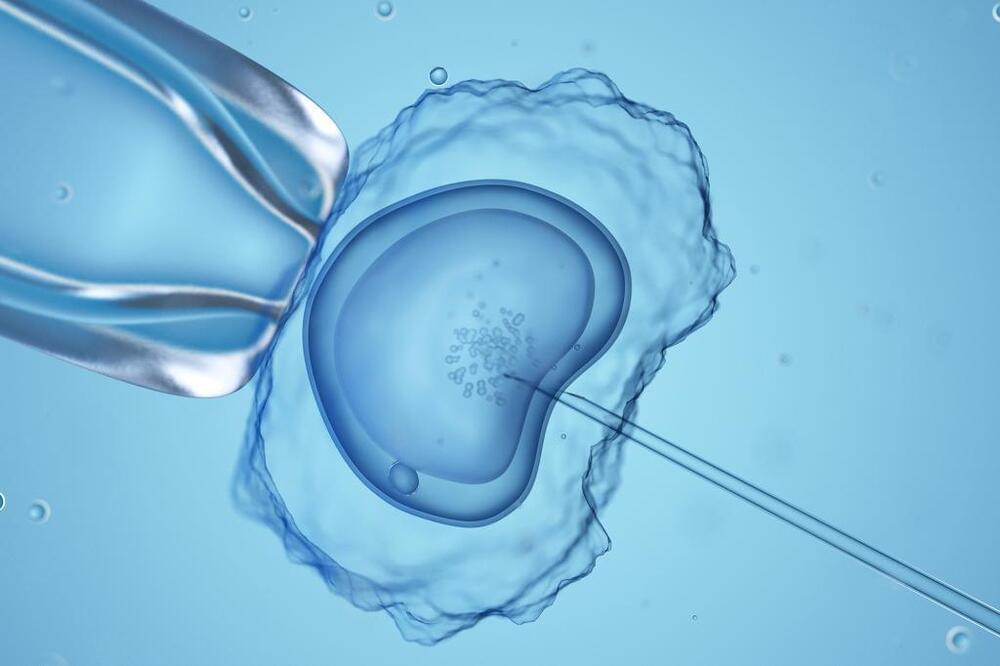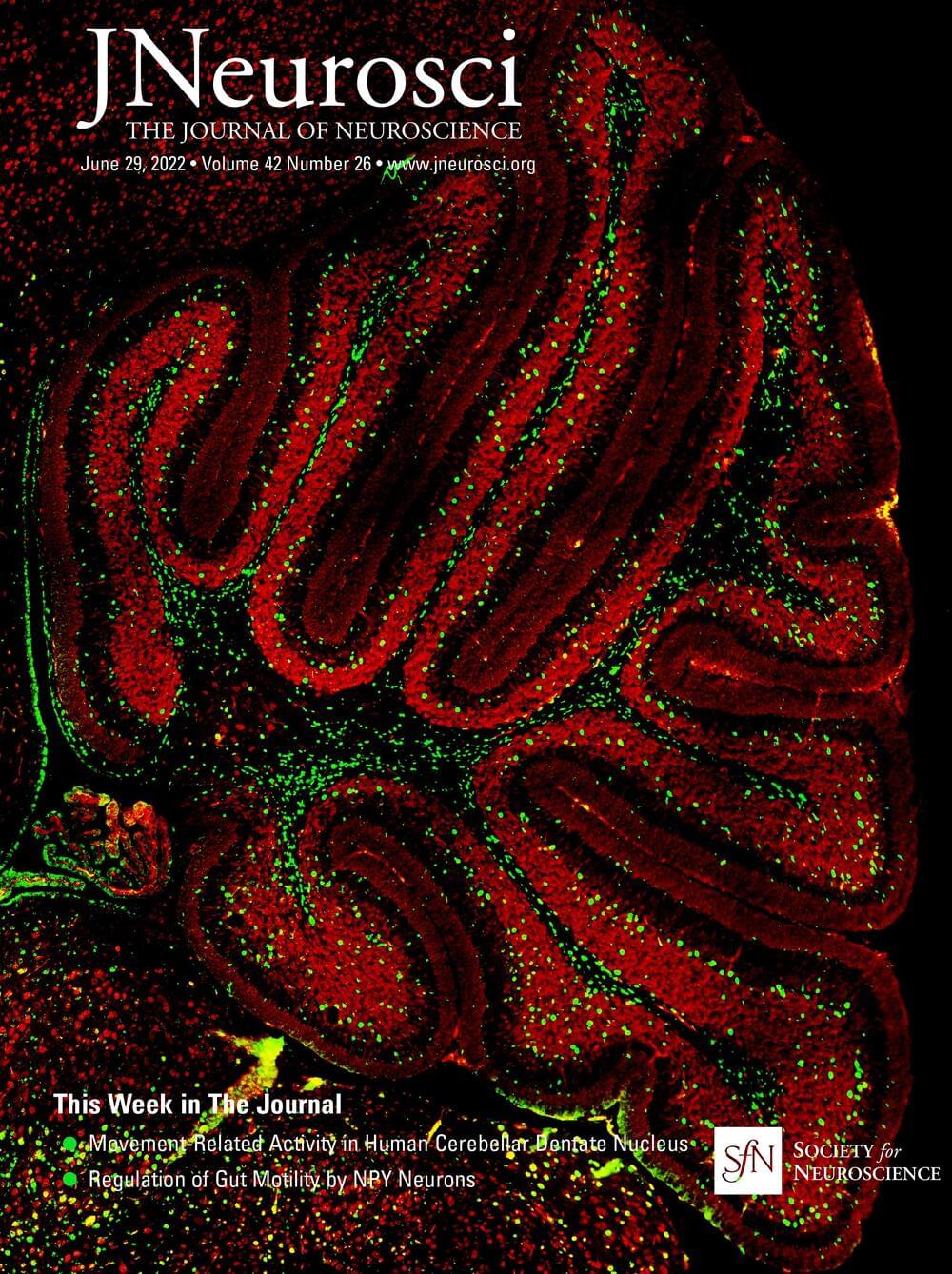The posterior parietal cortex (PPC) plays a key role in integrating sensory inputs from different modalities to support adaptive behavior. Neuronal activity in PPC reflects perceptual decision-making across behavioral tasks, but the mechanistic involvement of PPC is unclear. In an audiovisual change detection task, we tested the hypothesis that PPC is required to arbitrate between the noisy inputs from the two different modalities and help decide in which modality a sensory change occurred. In trained male mice, we found extensive single-neuron and population-level encoding of task-relevant visual and auditory stimuli, trial history, as well as upcoming behavioral responses. However, despite these rich neural correlates, which would theoretically be sufficient to solve the task, optogenetic inactivation of PPC did not affect visual or auditory performance. Thus, despite neural correlates faithfully tracking sensory variables and predicting behavioral responses, PPC was not relevant for audiovisual change detection. This functional dissociation questions the role of sensory-and task-related activity in parietal associative circuits during audiovisual change detection. Furthermore, our results highlight the necessity to dissociate functional correlates from mechanistic involvement when exploring the neural basis of perception and behavior.
SIGNIFICANCE STATEMENT The posterior parietal cortex (PPC) is active during many daily tasks, but capturing its function has remained challenging. Specifically, it is proposed to function as an integration hub for multisensory inputs. Here, we tested the hypothesis that, rather than classical cue integration, mouse PPC is involved in the segregation and discrimination of sensory modalities. Surprisingly, although neural activity tracked current and past sensory stimuli and reflected the ongoing decision-making process, optogenetic inactivation did not affect task performance. Thus, we show an apparent redundancy of sensory and task-related activity in mouse PPC. These results narrow down the function of parietal circuits, as well as direct the search for those neural dynamics that causally drive perceptual decision-making.







